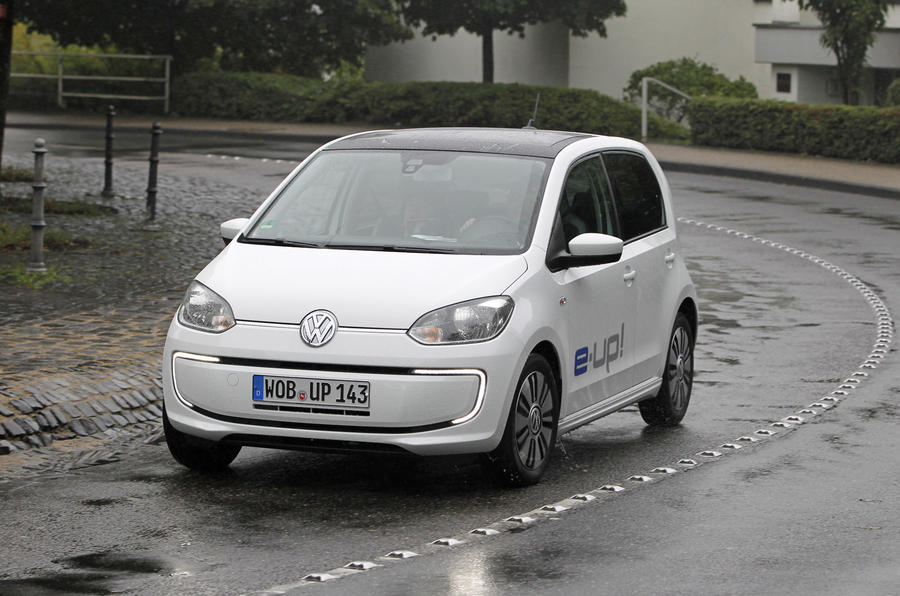I had the pleasure of experiencing the Volkswagen e-up recently, although the enjoyment was brief.
It’s a handsome car the Up, its quietly elegant style suiting its aim of providing affordable transport, a mission it carries off with quiet civility. The e-Up in question was white with a white interior, a clean look that particularly suits its zero-emission ambitions.
But on the move, you’ll spend far more time glancing at the remaining-range gauges than you will its tasteful furnishings; its battery charge diminishing at a depressing rate.
There’s nothing new about this of course, and it applies equally to the Nissan Leaf, for example, if slightly less to the lightweight BMW i3. But trying to make use of this VW for a week rammed home the reason why conventional cars are the success that they have been for the past 100 years-plus, and electric cars, so far at least, are not.
The car is freedom – the freedom to go where you like, when you like with a minimum of inconvenience. It’s why people usually prefer them to timetabled trains and buses. But in an electric car with an 80-mile range, as offered by this VW in fully charged state, that flexibility simply isn’t there.
I couldn’t use it to go to Heathrow, a 30-odd mile journey from home, because I couldn’t be sure that I’d get back. So the e-Up was used only for (very) local trips. They were a pleasure for the way it went, though always with the nagging background disappointment of the collapsing range.
And this VW costs £19,250 – well over double the £8265 of a basic Take Up, which will go far farther on a single energy replenishment of course. And the e-Up’s £19,250 is after the deduction of the government’s £5000 incentive, too.
Of course, you can recharge it, but that takes hours, and from sources far less plentiful than fuel stations, as we know. So it’s hard to see the e-Up selling many copies, because the most important commodity that a motor car provides – freedom, conveniently served – is so severely curtailed. As it is for virtually all pure electric cars.





Join the debate
Add your comment
Also in response to the
Having actually owned a
If you know that a car like the Leaf or the E-Up! is good for 95% of your journeys and you can use a free petrol or diesel car from Nissan for the remaining 5% then I would say go for it, trust me you'll never look back.
A car is freedom, I agree, and although the EV restricts to some extent, how often do we actually use this 'freedom' beyond driving to work, shops, school etc. And if you need to 'travel to Scotland' then use a petrol car. I have done over 3,000 miles in mine so far and it has cost me about £40 in Electricity.
I know there is the argument that they cost more to buy, and in some cases they do. For me I bought a brand new Leaf and it cost the same as the equivalent Focus but I'm not having to put £200 p/m of diesel in it. The deals are out their if you're keen.
The Samsung thing is just a
But- what is the energy flow needed to charge an e-car for a 400 mile range in five minutes, just like a fossil fueled car?
The e-up claims 11.7kWh per 100 km, so for 400 miles we need a capacity of 75kWh. recharging over five minutes requires a 900 kW source (Your average 13A socket gives 3kW). Wow! And charging efficiency is often less than 90%, so during those five minutes the battery is dissipating at least 90KW (or equivalent of 30 3-bar electric fires).